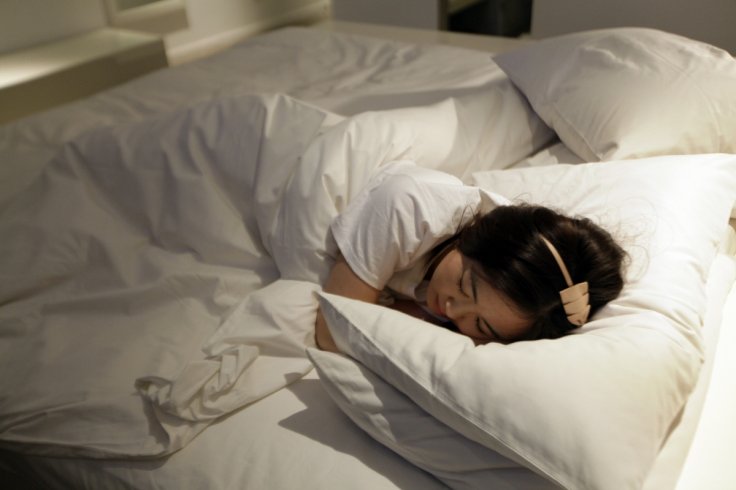
People with insomnia may benefit from taking sleeping pills as the sedatives help reduce suicidal thoughts, particularly in people facing trouble sleeping, a study reported.
A study, including 103 participants aged between 18 and 65 years with major depressive disorder, insomnia and suicidal thoughts, who were given an antidepressant for eight-weeks and half of them also administered the sedative-hypnotic zolpidem at bedtime, found sleep aid was most effective in reducing suicidal thoughts in insomnia patients.
According to researchers, the participants were also made to complete regular self-reports of the severity of their insomnia and a daily sleep diary during their treatment including details like how many times they woke up during the night and how long they actually slept.
The findings of the study published in the American Journal of Psychiatry showed while both groups reported significant improvement in their feelings about hopelessness, quality of life, nightmares and dysfunctional beliefs about sleep, the group taking the sleep aid had both significant immediate and longer-term improvement in insomnia severity and reduction in suicidal thoughts.
There were no deaths or suicide attempts during the course of the study, while 30 per cent of participants had a prior suicide attempt.
Individuals with an active and imminent plan to commit suicide were however excluded from the study because of concern for their safety, the researchers said.
The study, which also examined distorted thoughts such as participants thinking they would never again have a good night's sleep, also included patients wearing a wrist device to keep up with rest or activity cycles.
Dr Vaughn McCall, an expert in the trifecta of insomnia, depression, and suicide, said depression severity of the participants was measured by psychiatry staff, and by making them complete the Beck Hopelessness Scale, which examines pessimism and negative expectations considered a predictor of suicidal behaviour.
"If a patient complains their sleep has taken a turn for the worse, there is a reason to open the door to a question about suicide," said McCall, who is also chair of the Department of Psychiatry and Health Behavior at the Medical College of Georgia at Augusta University.
The findings come as more than 30 studies linked insomnia with suicidal thoughts or actions, however suicide risk and prevention are largely overlooked in the treatment of insomnia, said the researcher who hoped the REST-IT -- Reducing Suicidal Ideation Through Insomnia Treatment -- study, the first clinical trial examining whether targeted insomnia treatment reduced suicide risk, would help change that.
"The results suggest co-prescription of a hypnotic during initiation of an antidepressant may be beneficial in suicidal outpatients, especially in patients with severe insomnia," the researcher said, adding that hypnotics like those used for the study were a common means of suicide and there were concerns about patients becoming dependent on them.
To address these concerns, said the researcher, they only administered a week's supply of the sleep aid until their suicidal thoughts began to abate and the sleep aid was stopped after eight weeks, but their condition remained the same or continued to improve.
The researcher now wanted to understand more about why insomnia was a risk for suicide and how treating it reduced the risk as deaths by suicide increased 31 per cent between 2001 and 2017, making it one of the leading causes of death in the US, according to the National Institute of Mental Health.
According to NIMS, depression, substance abuse and chronic pain were the most common risk factors for suicide in the US, with treatments including cognitive behavioural therapy and dialectical behaviour therapy among other medications.
McCall said that insomnia dramatically increased the risk of depression and vice versa whereas studies on depression often excluded those with strong suicidal thoughts.








